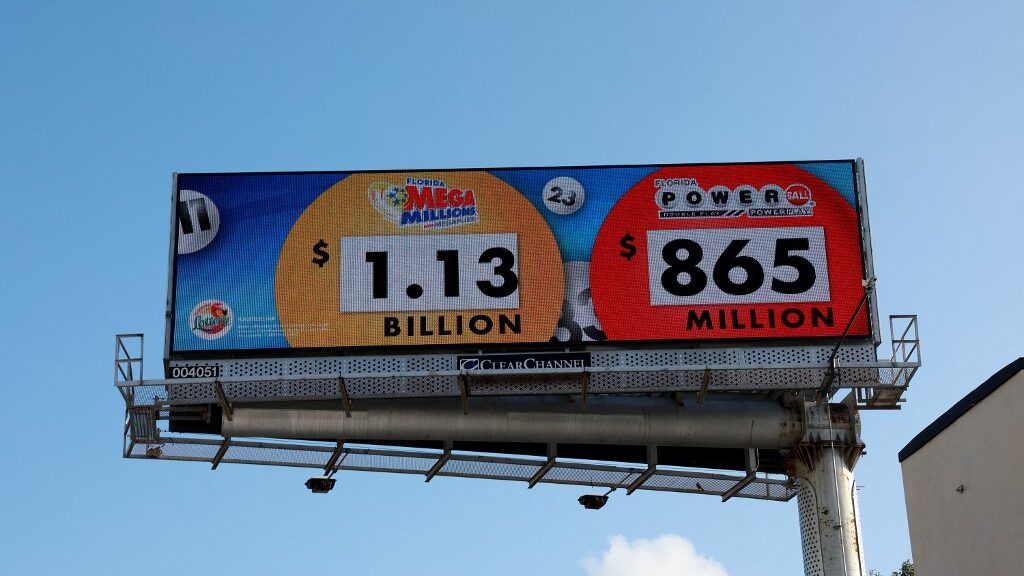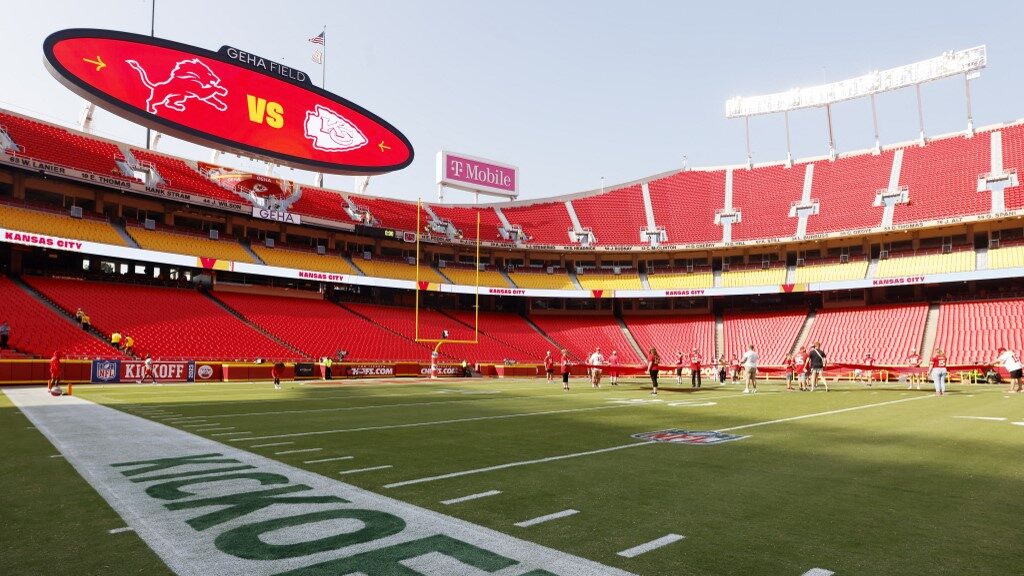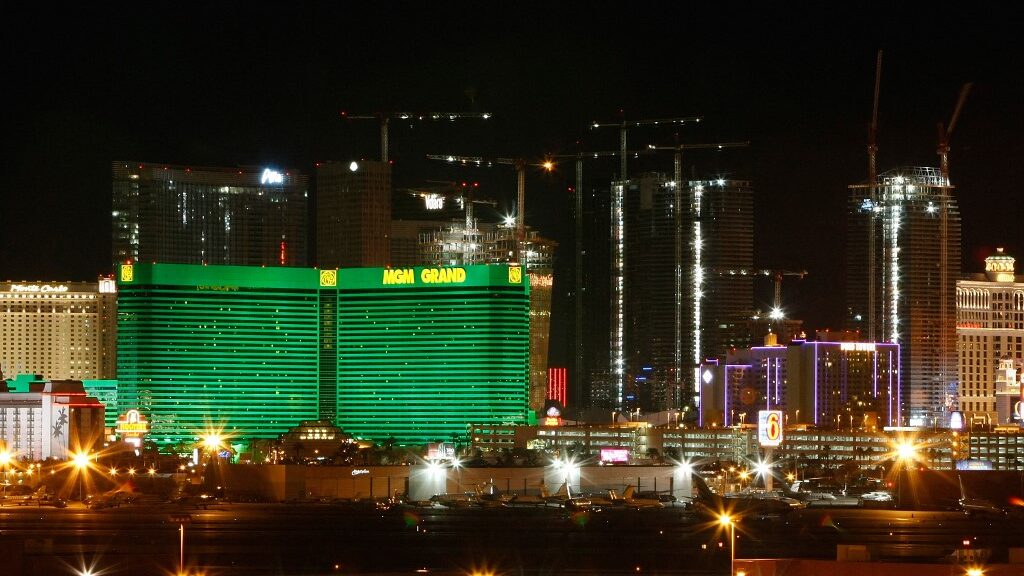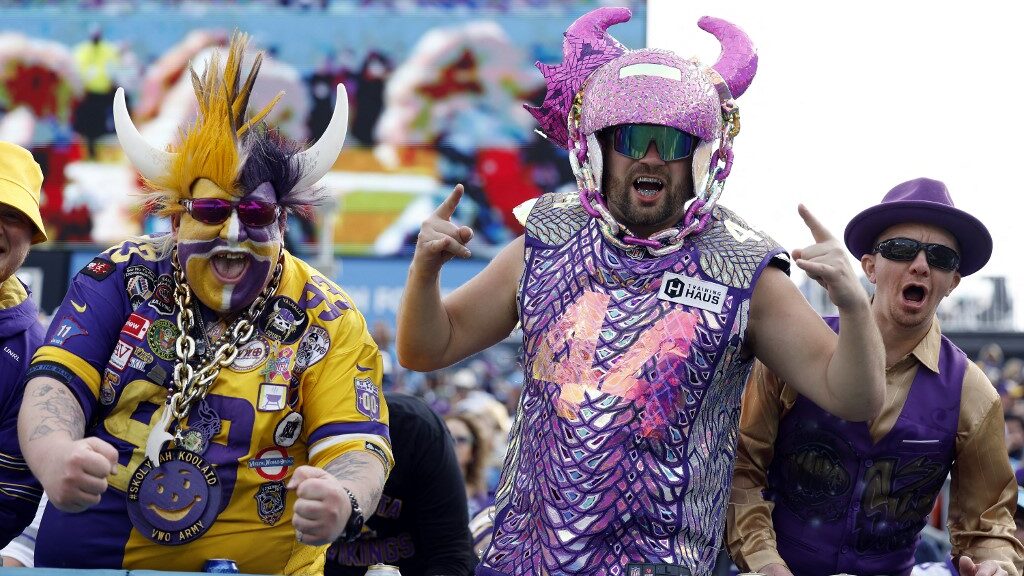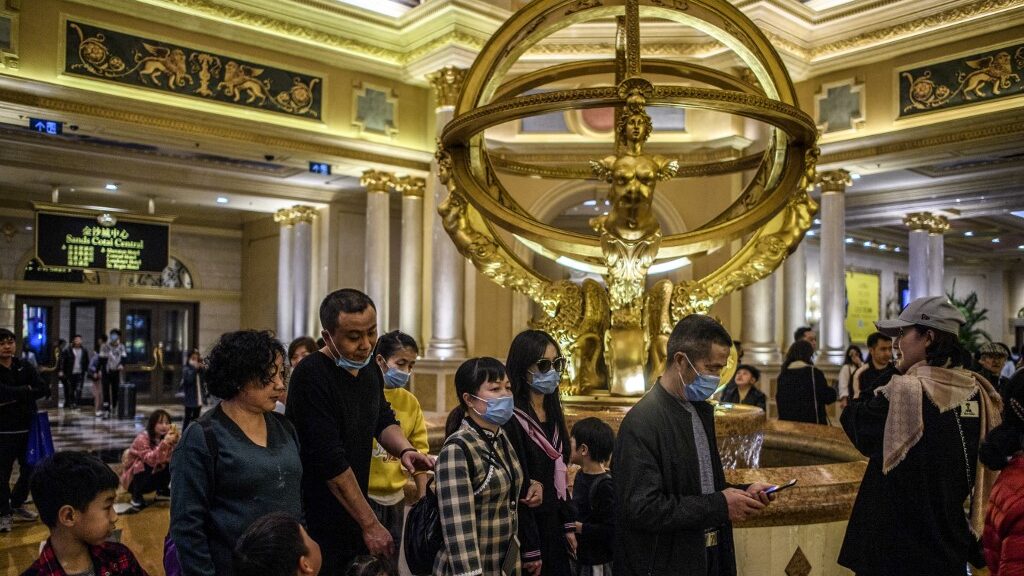
Macau’s long-standing reign as the world’s most popular gambling mecca has come to an abrupt halt due to China’s severe travel restrictions.
Will the Chinese enclave ever return to its previous glory?
Draconian Measures
Las Vegas, the West’s glitziest gambling destination, saw its casinos shuttered during the height of the global pandemic and although the industry at large took an enormous hit, we now see American casinos from Sin City to Atlantic City making enormous strides in recovering to pre-pandemic levels.
Those impressive gains have much to do with the way the United States has handled the pandemic versus the recently enacted zero-COVID policies from mainland China. Traveling in and around Macau is now so limited that it appears as though the gaming zeitgeist of the past decade will be a permanent vestige of the past.
Consider that Macau’s six licensed casino operators won a combined nearly $38 billion in 2018 compared to the $49 million they won in July of 2022. If we extrapolate that figure, we find that the casinos are on a course to win $600 million, a mere two percent of what they were doing just four years ago.
“The results are unsurprising,” said John DeCree, a senior gaming analyst at CBRE Equity Research. “Casinos were closed … and much of the rest of the SAR was closed before and after that. More importantly, broader travel restrictions have been in place since late June.”
What’s Next?
Although these dark days won’t last forever, it would be hard to fathom the industry regaining its prominence as the world’s premier gaming destination. The Chinese government has already made changes in the new gaming compact that will be instituted at the beginning of 2023 with the licensees that will be chosen to continue operating in Macau.
The license term has been cut from 20 to 10 years and the taxes will increase from 39 to 40 percent. But the companies selected will have to make investments in the arts, Chinese medicine, and several other cultural endeavors.
China’s rift with the United States does not bode well for the three American casinos currently operating in Macau, with the Wynn, Sands, and MGM in danger of losing their licenses.
“It’s a geopolitical, national security issue because the situation where Americans dominate 50% of Macau’s primary industry is probably an unacceptable national security risk,” said Ben Lee, founder of gaming consultancy IGamiX.
The Negative Effect Will Be Long
Vitaly Umansky, the senior analyst of Global Gaming at Sanford C. Bernstein, was asked about the prospects for an economic recovery in Macau and he stated, “This is not going to happen in one quarter or even a few months. This is a year-plus type of recovery, and we’re not likely to get back to pre-COVID levels until the end of next year and into 2024. That’s the reality.”
But getting anywhere the dazzling numbers Macau casinos were doing before COVID-19 wreaked havoc on the industry is a tall order. The changes mainland China wants for Macau indicate a swift departure from the strictly gaming community it has so successfully cultivated.
And as much as they may deny it, eliminating the gaming-savvy American corporations from the landscape won’t benefit the industry. All it will do is isolate even more the increasingly insular enclave from the rest of the world.
Whether the Americans are ultimately deemed persona non grata is still unknown. But if they are, it will be Macau’s economy that will suffer the most.
Bookmakers Review will continue to monitor this story and update our readers as events unfold.


